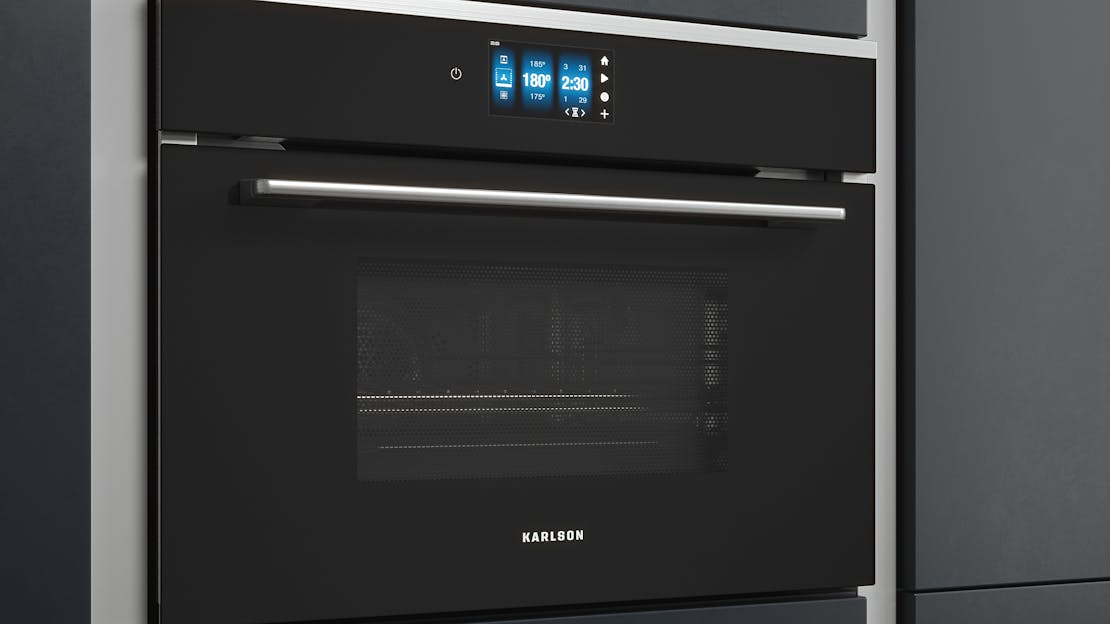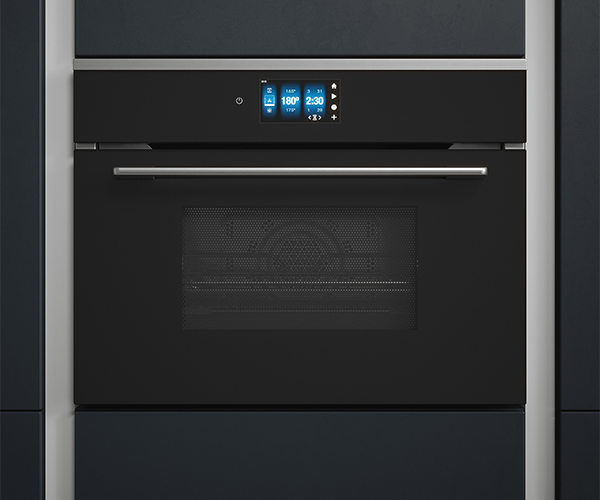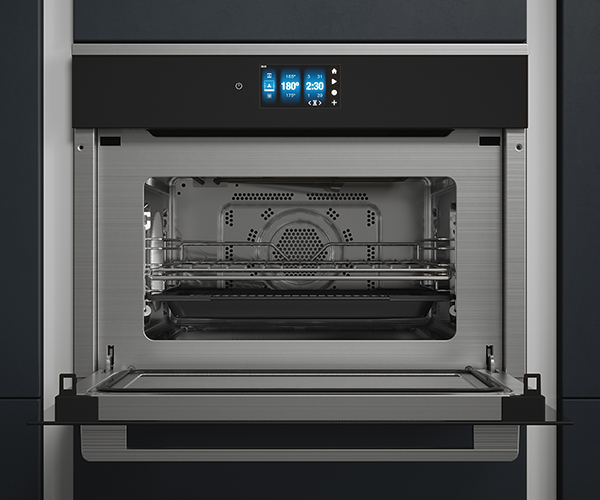
Choosing the Right Microwave Wattage for Your Cooking Needs
Understanding microwave wattage
When it comes to selecting the right microwave for your kitchen, comprehending microwave wattage is pivotal. Microwave wattage denotes the amount of power a microwave oven can generate and significantly influences how your food cooks and reheats. In this article, we'll delve into the importance of microwave wattage and how it affects cooking times and outcomes.

Cooking time and speed
One of the most evident consequences of microwave wattage is its impact on cooking time. Microwaves with higher wattage levels, typically those boasting 900 watts or more, can heat and cook food significantly faster than their lower-wattage counterparts. This can be a valuable time-saving feature for households with busy schedules. Conversely, lower-wattage microwaves (approximately 700-800 watts or less) will necessitate more time to heat or cook food, potentially requiring adjustments to cooking durations.
Even cooking matters
Achieving even cooking is paramount for the quality of your dishes. Microwaves with higher wattage levels distribute heat more uniformly throughout the food, mitigating the risk of uneven cooking or hot spots. This aspect is especially critical for dishes that require consistent heating. In contrast, lower-wattage microwaves may struggle to provide consistent heating, potentially resulting in portions of your food being overcooked while others remain undercooked.
Versatility in cooking
Microwave wattage also influences the versatility of your microwave oven. Microwaves with higher wattage levels offer greater flexibility when it comes to cooking a variety of dishes. They can adeptly handle a broader range of foods and cooking techniques, including defrosting, reheating, baking, and more. Conversely, if your microwave primarily serves basic functions like reheating leftovers or defrosting, a lower-wattage microwave may adequately meet your requirements.

Energy efficiency considerations
Energy efficiency may be a pertinent consideration when choosing a microwave. Higher-wattage microwaves tend to consume more energy, necessitating careful deliberation of energy efficiency. In contrast, lower-wattage microwaves utilise less electricity, rendering them a more energy-efficient choice, particularly if your microwave usage primarily encompasses basic heating and reheating tasks.
Conclusion
In summary, microwave wattage significantly impacts cooking times, evenness of cooking, versatility, and energy efficiency. Your selection of microwave wattage should align with your specific cooking needs and preferences. If you frequently prepare an array of dishes and prioritise speed and versatility, a higher-wattage microwave may be the optimal choice. Conversely, if your microwave primarily serves basic functions, and you value energy efficiency, a lower-wattage model might be the more suitable option.
Frequently asked questions about microwave watts
Does microwave wattage really matter?
Is a 700-watt microwave strong enough?
How much does it cost to run a 700-watt microwave?
What is the most efficient microwave wattage?
Does more watts mean better for a microwave?
Does a higher wattage microwave use more electricity?
Does a microwave consume electricity when not in use?
Does unplugging my microwave save money?
Top Selling Integrated Microwaves from MyAppliances
Uncover convenience and versatility with our array of integrated microwaves. From standard microwaves for swift heating to grill combination microwaves and convection microwaves for more intricate cooking choices, we cater to every culinary preference. Enhance your kitchen today and delve into our cutting edge microwave solutions.
